On the afternoon of June 27, Sun Yat-sen University (SYSU) announced the appointment of Professor Yitang Zhang (70 years old) to work at the Hong Kong Institute for Advanced Study. He and his family have officially moved to live in the Guangdong - Hong Kong - Macau Greater Bay Area. Before that, he spent 10 years teaching at the University of California, Santa Barbara (USA).
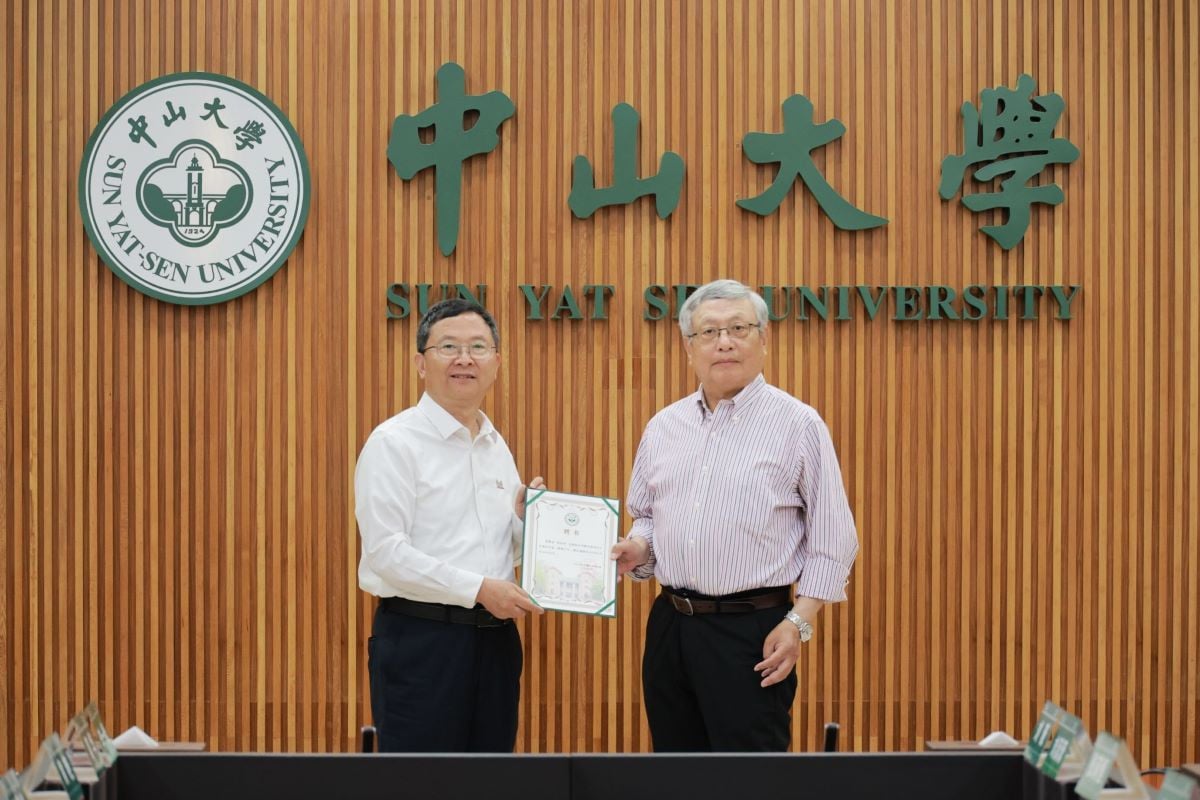
Unstable childhood years
Born in 1955 in Shanghai, Yitang Zhang showed early talent for mathematics. His mother was a secretary in a government agency, and his father was a university professor of electrical engineering. When Zhang was young, his parents transferred to Beijing for work, leaving him in Shanghai to live with his grandmother.
When the Cultural Revolution broke out, schools were closed, and Zhang had to study by himself from old books. He was especially fond of the book series “One Hundred Thousand Whys” with separate volumes on Physics, Chemistry, Biology and Mathematics.
At the age of 13, Zhang moved back to Beijing to reunite with his parents. Two years later, he and his mother went to the countryside to grow vegetables, while his father was transferred to another farm. During this time, he was even forbidden to read books.
Returning to Beijing after a few years, Zhang worked at a lock factory while also studying for the entrance exams to Peking University, China’s most prestigious school. “I spent a few months finishing high school physics and chemistry, and then a few more months studying history. Everything was very rushed,” he told the New Yorker .
In 1978, Zhang entered Peking University. He initially majored in number theory, but was later transferred to algebraic geometry, a field he did not really enjoy. In 1985, he went to the United States to do research at Purdue University under the guidance of Professor TT Moh. Although he successfully defended his doctoral thesis in 1991, he did not have any significant scientific publications during this period.
Without any research achievements and without continuing to cooperate with his advisor, Zhang could not find an academic position. For many years, he had to live a miserable life in Kentucky and New York, making a living by doing various jobs: accounting, restaurant management, food delivery, and even sleeping in his car at times.
The spectacular comeback
In 1999, with the help of friends, Zhang got a position teaching elementary mathematics and analysis at the University of New Hampshire (USA). This job helped him stabilize his life, but it was not until 2012, during a visit to a friend in Colorado, that he suddenly came up with a mathematical idea - the beginning of a project that changed his career.
In April 2013, Zhang published an article in the Annals of Mathematics - one of the world's most prestigious mathematics journals. For the first time in history, a mathematician proved that there exist infinite pairs of prime numbers with finite distances.
Specifically, Zhang showed that there are always infinite pairs of prime numbers with a gap of no more than 70 million. Although it does not reach the number “2” as expected by the twin prime hypothesis, this is a major breakthrough, because for the first time the gap is proven to have a limit.
The discovery immediately shocked the global mathematics community and launched the international collaboration project Polymath 8, in which mathematicians worked together to improve the result. Thanks to the collective effort, the initial gap from 70 million was quickly reduced to 246 - closer than ever to reaching the twin prime hypothesis.
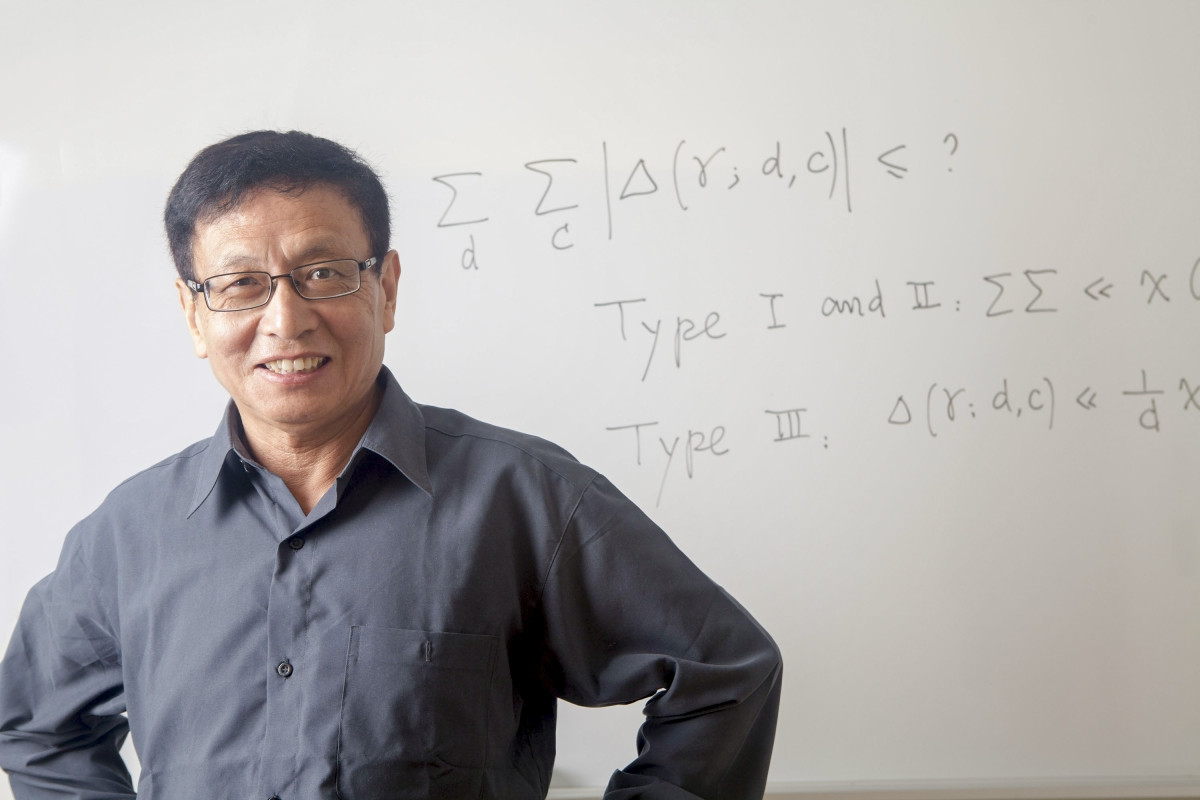
Late fame
After the shocking announcement in 2013, Professor Zhang, who was usually reserved, shy and almost unconcerned with fame, suddenly became a “global math star”. He was quickly awarded a series of prestigious awards such as: Ostrowski Prize (2013), Cole Prize of the American Mathematical Association (2014), Rolf Schock Prize (2014), and especially the MacArthur Fellowship (2014) - often called the “Genius Award” of America.
His fame led to new academic opportunities. In 2014, Zhang taught at the Institute for Advanced Study in Princeton, and in 2015 officially joined the University of California, Santa Barbara.
During the 2019 Future Science Awards Week in Beijing, Zhang shared his admiration for the generation of Chinese mathematics students: “Many second-year students in China have reached the same level as first-year PhD students in the US.” It was from these impressions that the idea of returning to his homeland to teach and contribute began to grow in him.
Return in a new context
In recent years, as the US government tightens its investigation of academic ties with China, more and more Chinese scientists have chosen to leave the US to return to their homeland.
The Hong Kong Institute for Advanced Study at Sun Yat-sen University, which Professor Zhang recently joined, was established in 2024. It is the first comprehensive research center opened by a mainland Chinese university in Hong Kong, bringing together more than 100 scientists, focusing on three areas: biomedical science, applied mathematics, and interdisciplinary research in the social sciences and humanities.
According to SCMP , returning to China after more than three decades in the US is not only an important milestone in Professor Zhang's personal career, but also reflects a larger trend: the wave of migration of Chinese-origin intellectuals in the context of strong fluctuations in global science.
Source: https://vietnamnet.vn/cuoc-tro-ve-cua-vi-giao-su-toan-noi-tieng-co-thoi-phai-lam-shipper-o-my-2433525.html





![[Photo] Worshiping the Tuyet Son statue - a nearly 400-year-old treasure at Keo Pagoda](/_next/image?url=https%3A%2F%2Fvphoto.vietnam.vn%2Fthumb%2F1200x675%2Fvietnam%2Fresource%2FIMAGE%2F2025%2F12%2F02%2F1764679323086_ndo_br_tempimageomw0hi-4884-jpg.webp&w=3840&q=75)
![[Photo] Parade to celebrate the 50th anniversary of Laos' National Day](/_next/image?url=https%3A%2F%2Fvphoto.vietnam.vn%2Fthumb%2F1200x675%2Fvietnam%2Fresource%2FIMAGE%2F2025%2F12%2F02%2F1764691918289_ndo_br_0-jpg.webp&w=3840&q=75)





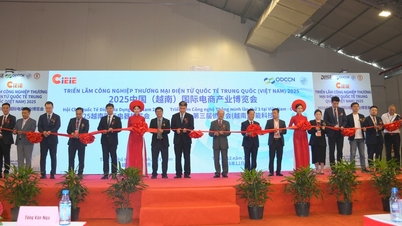






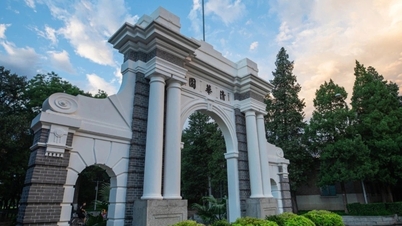


















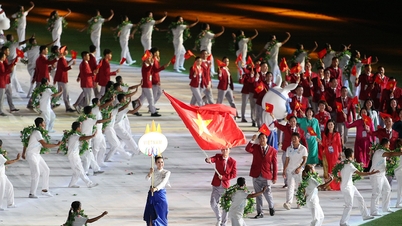











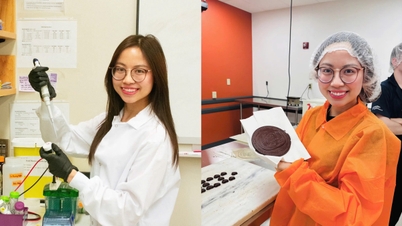




























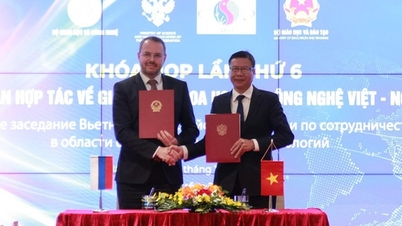




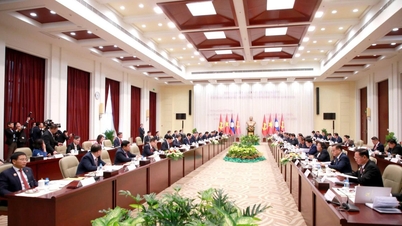


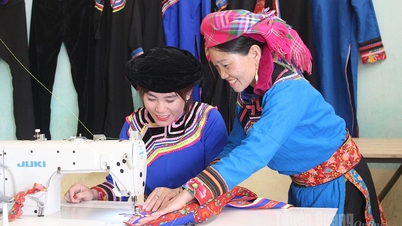





















Comment (0)